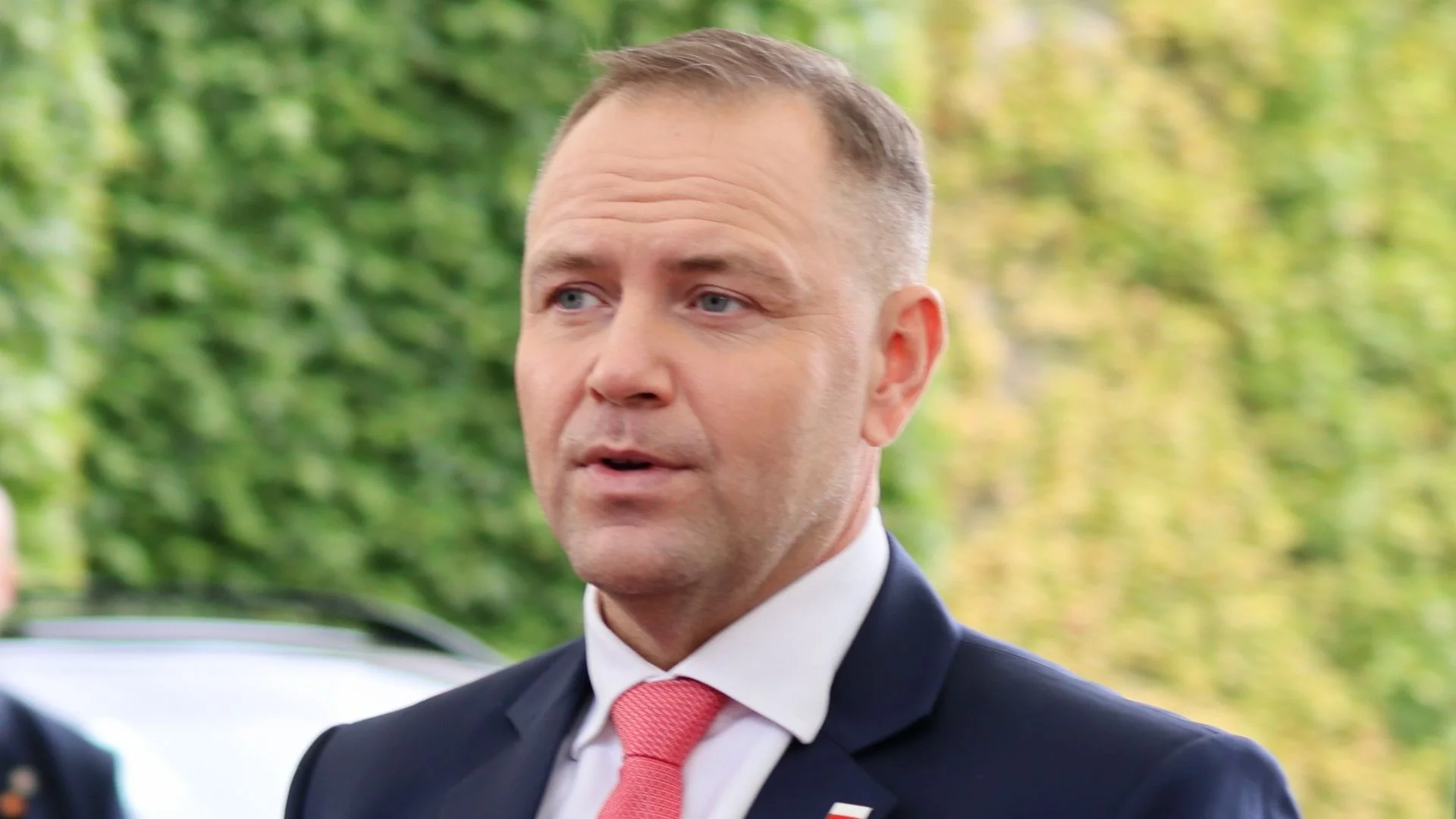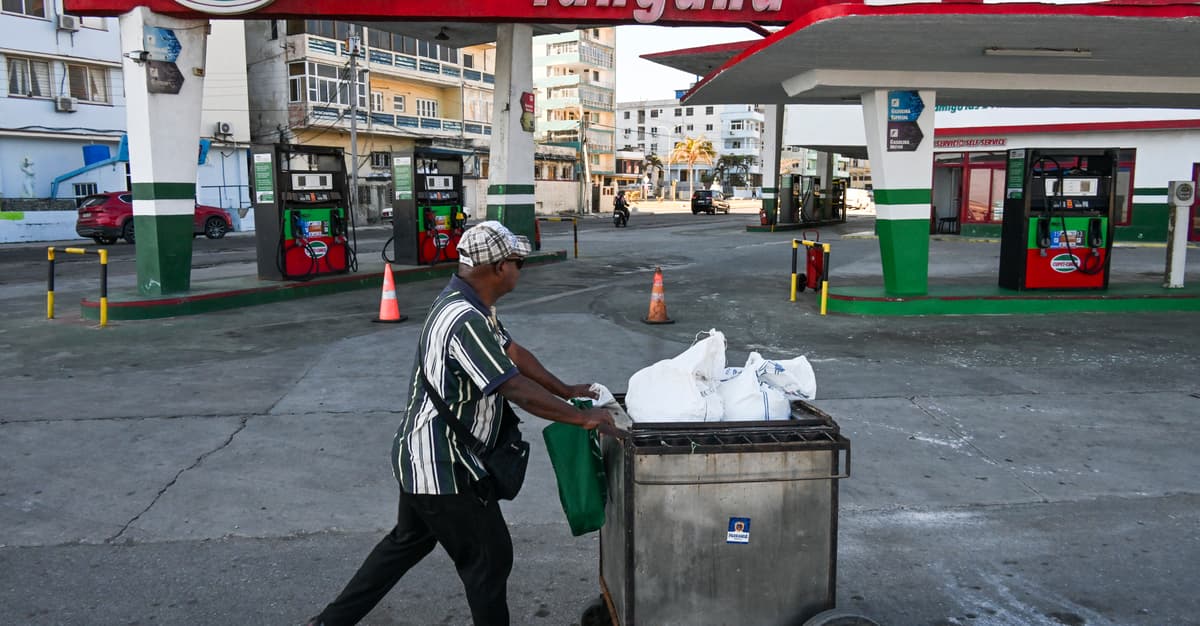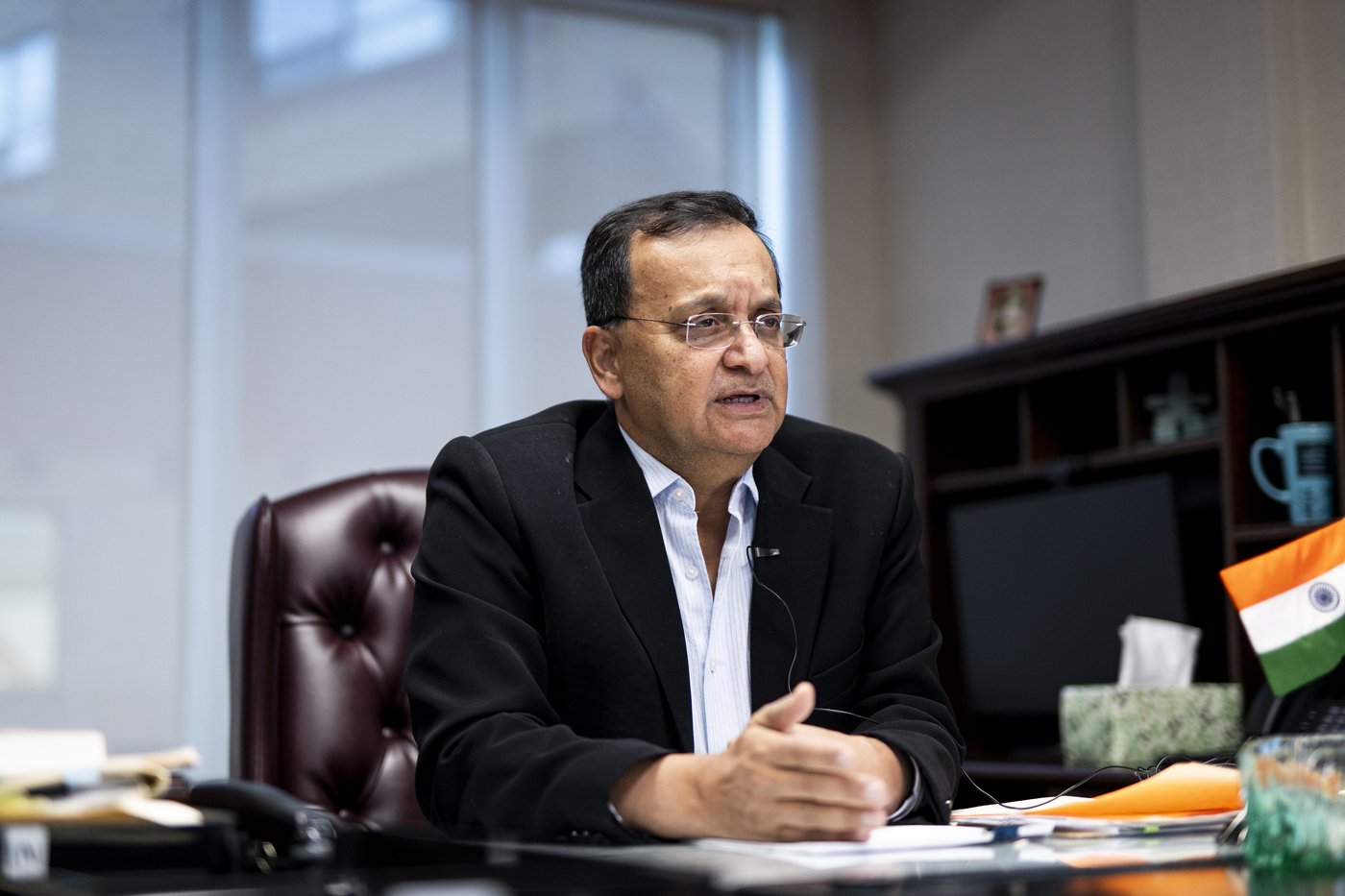On October 4, a local government election was held in Georgia, in which the candidates of the governing organization Georgian Dreams won.
The candidates for mayors from Georgian Dreams won the election with a 100% consequence in 26 local governments. It's about districts where the ruling organization just had no competitors.
According to the preliminary data of the Central Election Commission of Georgia, these are: Sagaredjo, Gurjahani, Dedoplisckaro, Kwareli, Tianeti, Gardabani, Dmanisi, Calka, Tetritskaro, Achalciche, Adigeni, Aspindza, Achalkaki, Ninokminda, Oni, Ambrolauri, Cageri, Lentechi, Mestia, Saczchere, Baghdati, Wani, Tkibuli, Poti, Abasha, and Ogroli.
In the remaining 38 local governments, the organization of power besides wins elections for mayoral positions, although with somewhat worse results – however, there were counter-candidates, although in 27 cases only one.
In major cities, they won:
- Batumi – Giorgi Tsintsadze (80.638%),
- Kutaisi – David Eremeishvili (85.686%),
- Poti — Beka Wacharaga (100%),
- Rustawi – Nino Lacabidze (91.972%).
Relatively advanced competition prevailed in Tbilisi. In addition to the incumbent mayor Kachy Kalaga, representing Georgian Dreams, 8 another candidates applied for the position.
Kalaga received 71.621% of the vote. The second consequence was achieved by the opposition organization candidate Strong Georgia and Gacharia for Georgia Iraq Kupradze – 12.275%, and the 3rd – organization leader Girzzi Iago Chwiczija – 7.624%.
However, voters in the capital showed unprecedented passiveness. Turnout in Tbilisi was 31.08% — specified a low score has never been recorded in the Georgian Dream period.
Across the country, 1 438 116 citizens, or 40.93% of the full voters, voted. This consequence is besides lower than attendance in the local elections of the last decade.
Across Georgia, the Georgian Dream organization itself won over 81.689% of the vote.
Immediately after the closing of the polling stations, the honorary president of the Bidzin Ivanishvili organization announced "an awesome victory". He stressed that this was the consequence Georgian Dream hoped for during last year's parliamentary elections. Ivaniswili justified the success of his team's policy, which, as he said, is to preserve sovereignty and national identity.
Local elections in Georgia are considered crucial regardless of attendance. To become mayor, the candidate must get 50% of the vote. The composition of the sakrebulo (municipal councils) is set in a majority-proportional system; in part, the proportional electoral threshold for the parties is 4%.
The election held on 4 October was attended by 12 parties. 8 of the largest opposition groups boycotted the vote, organizing a protest for their supporters in Tbilisi.
Source: newsgeorgia.ge
Study Bulletin: BIS















